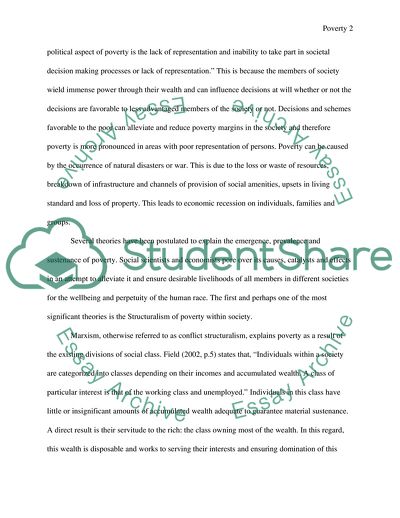Cite this document
(Fundamental Requirements for Human Existence Essay, n.d.)
Fundamental Requirements for Human Existence Essay. https://studentshare.org/sociology/1775520-people-who-lack-fundamental-requirements-for-human-existence-such-as-food-shelter-and-clothing-are-said-to-live-in-poverty-discuss
Fundamental Requirements for Human Existence Essay. https://studentshare.org/sociology/1775520-people-who-lack-fundamental-requirements-for-human-existence-such-as-food-shelter-and-clothing-are-said-to-live-in-poverty-discuss
(Fundamental Requirements for Human Existence Essay)
Fundamental Requirements for Human Existence Essay. https://studentshare.org/sociology/1775520-people-who-lack-fundamental-requirements-for-human-existence-such-as-food-shelter-and-clothing-are-said-to-live-in-poverty-discuss.
Fundamental Requirements for Human Existence Essay. https://studentshare.org/sociology/1775520-people-who-lack-fundamental-requirements-for-human-existence-such-as-food-shelter-and-clothing-are-said-to-live-in-poverty-discuss.
“Fundamental Requirements for Human Existence Essay”. https://studentshare.org/sociology/1775520-people-who-lack-fundamental-requirements-for-human-existence-such-as-food-shelter-and-clothing-are-said-to-live-in-poverty-discuss.


